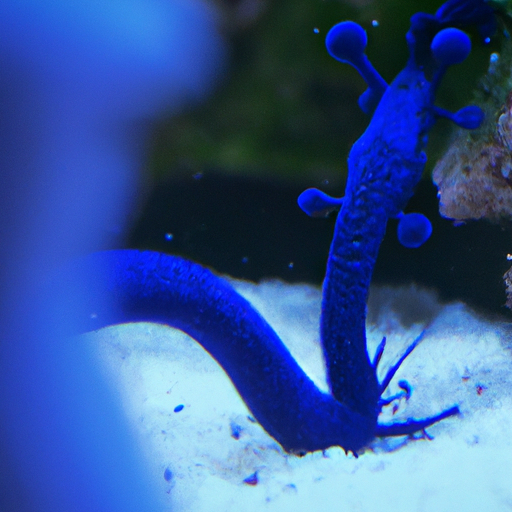-
Table of Contents
What is the most important marine life?

The world’s oceans are home to a vast array of marine life, each playing a unique role in maintaining the delicate balance of our planet’s ecosystems. While it is challenging to determine the single most important marine life form, there are several species that are considered essential for the health and well-being of our oceans. These creatures, ranging from tiny plankton to massive whales, contribute to the overall biodiversity and ecological stability of marine environments.
Most Important Marine Life
When discussing the most important marine life, it is impossible to overlook the significance of phytoplankton. These microscopic organisms are responsible for producing over half of the world’s oxygen through photosynthesis. Phytoplankton form the base of the marine food chain, providing sustenance for countless other organisms, including zooplankton, small fish, and even whales. Without phytoplankton, the entire marine ecosystem would collapse, leading to catastrophic consequences for all life on Earth.
Another crucial marine life form is coral reefs. These vibrant underwater ecosystems are often referred to as the “rainforests of the sea” due to their incredible biodiversity. Coral reefs provide habitat and shelter for a vast number of marine species, including fish, crustaceans, and mollusks. They also act as natural barriers, protecting coastlines from erosion and storm damage. Unfortunately, coral reefs are under threat from climate change, pollution, and destructive fishing practices, making their conservation of utmost importance.
Essential Sea Creatures
Sea turtles are among the most essential marine creatures. These ancient reptiles play a vital role in maintaining the health of seagrass beds and coral reefs. As they graze on seagrass, sea turtles help to control its growth, preventing it from becoming overgrown and suffocating other marine life. Additionally, sea turtles transport nutrients from the ocean to the beaches where they lay their eggs, enriching the coastal ecosystem.
Sharks, often misunderstood and feared, are also crucial to the marine ecosystem. As apex predators, they help regulate the populations of other marine species, ensuring a healthy balance within the food chain. By preying on weaker individuals, sharks prevent the overpopulation of certain species, which can have detrimental effects on the entire ecosystem. Furthermore, sharks’ presence indicates a healthy ocean environment, as they are highly sensitive to changes in water quality and temperature.
Oceanic Biodiversity Importance
The importance of oceanic biodiversity cannot be overstated. The incredible variety of marine life contributes to the overall resilience and adaptability of our oceans. Biodiversity ensures that ecosystems can withstand environmental changes and disturbances, such as natural disasters or climate fluctuations. Additionally, diverse marine ecosystems provide numerous ecosystem services, including nutrient cycling, carbon sequestration, and the production of food and medicine.
One example of the significance of oceanic biodiversity is the Great Barrier Reef in Australia. This iconic coral reef system is not only a UNESCO World Heritage Site but also a vital economic resource for the country. The reef supports a thriving tourism industry, providing jobs and income for local communities. Its diverse marine life, including colorful fish, turtles, and dolphins, attracts visitors from around the world, highlighting the economic value of preserving biodiversity.
In conclusion, determining the most important marine life is a complex task, as each species plays a unique role in maintaining the health and balance of our oceans. However, phytoplankton, coral reefs, sea turtles, and sharks are among the essential creatures that contribute significantly to the overall well-being of marine ecosystems. Protecting and conserving these species and their habitats is crucial for the long-term sustainability of our planet’s oceans and the countless benefits they provide to both humans and the environment.